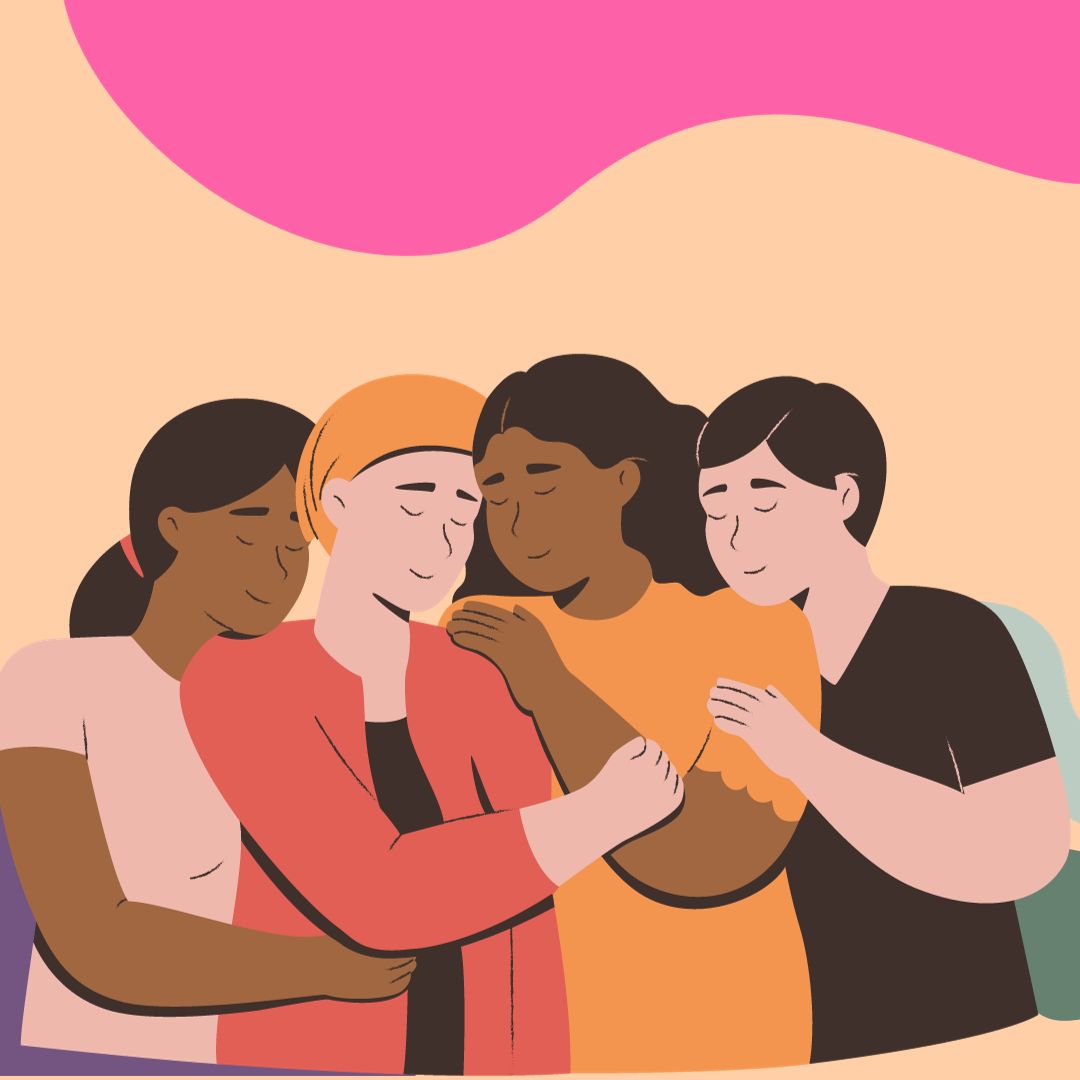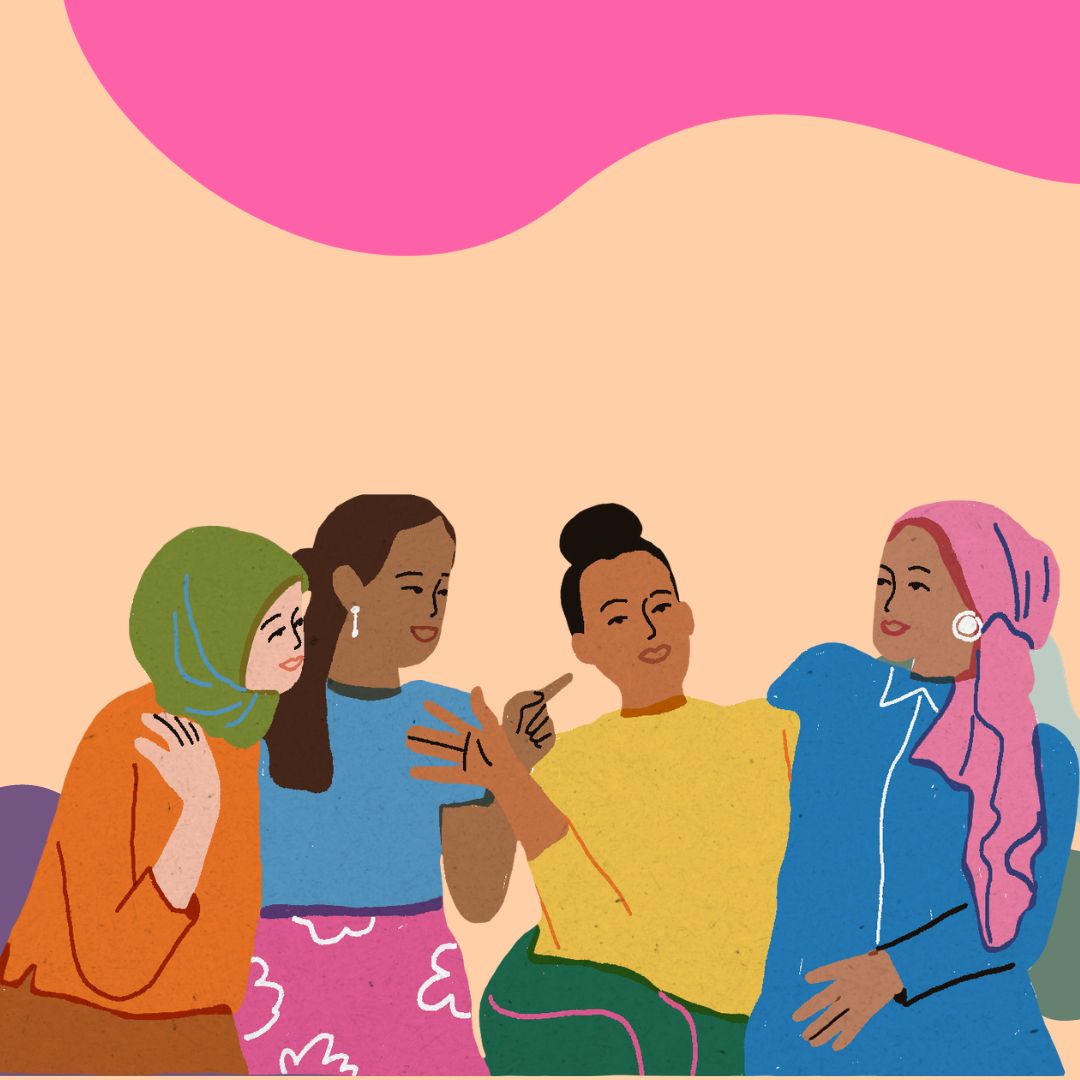Sexual and Gender based violence
Sexual and gender-based violence (SGBV) is defined as any act committed against a person’s will that is based on gender norms and unequal power dynamics. It involves physical, mental, or psychological abuse, as well as sexual violence, as well as denial of resources or access to services. SGBV causes harm to women, girls, men, and boys and is a serious violation of several human rights. Sexual and gender-based violence (SGBV) is still a widespread problem around the world, with catastrophic repercussions for women and girls and people with diverse gender identities, families, and communities. Combating SGBV necessitates a broad approach, which includes empowering communities to actively participate in prevention activities.
Understanding SGBV: Sexual and gender-based violence refers to a variety of behaviors such as sexual assault, domestic abuse, forced marriage, female genital mutilation, and harassment. Women, girls, and marginalized people are disproportionately affected, sustaining gender inequity and compromising human rights. Addressing SGBV necessitates a multifaceted approach that addresses the underlying causes, challenges harmful practices and attitudes, and promotes societal change.


Empowering communities to prevent SGBV:
Community empowerment plays an important role in preventing SGBV by fostering a sense of ownership, agency, and collective responsibility. When communities are empowered, they become active participants in the prevention and response to violence. Empowering communities involves providing education, resources, and skills that enable individuals to challenge social norms, advocate for change, and support survivors.
Key Strategies we use for Empowering Communities
Skill-Building and Capacity Development: Empowering individuals with knowledge and skills is essential for prevention efforts. This includes training women, girls and community leaders, educators, and healthcare professionals to recognize signs of SGBV, provide appropriate support, and facilitate referrals to specialized services. Self- development and self -care model developed by FISD create the conducive environment for empowerment towards addressing SGBV.
Engaging Men and Boys: Addressing SGBV requires the involvement of all community members, including men and boys. Engaging them in dialogue, education, and challenging patriarchal masculinities help reshape attitudes and promote gender equality.
Strengthening Support Services: Accessible and responsive support services are vital for survivors of SGBV. Communities can work towards establishing and strengthening vigilante committees, community bases care centers, and safe spaces where survivors can access counseling, legal aid, healthcare, and other forms of support.


Advocacy and Policy: Empowered communities can advocate for policy changes and legal reforms that strengthen the response to SGBV. Community members, with strengthened linkages with service providers can engage in lobbying, awareness campaigns, and collaborations with policymakers to ensure that survivors’ rights are protected, perpetrators are held accountable, and prevention efforts are prioritized.
Collaboration and Partnership: Collaboration between community-based organizations, government agencies, civil society, and other stakeholders is critical for sustained impact. Working through partnerships can support better coordination to prevent SGBV effectively.
